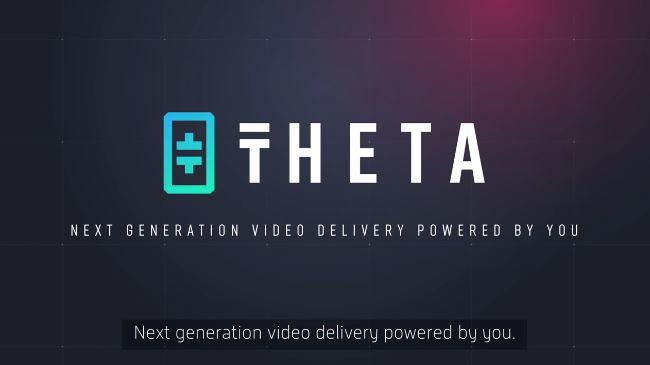Blockchain-powered esports streaming platform is launching on over 75 million Samsung devices across the world.
The content streaming platform says it will launch on Samsung Daily platform which is already pre-installed in Galaxy S20 phones that are shipped into the United States.
Luckily, all existing Samsung devices like Note 10, Note 9, Galaxy S10, and S9 have the opportunity to upgrade and have a combo of Samsung Daily and $THETA.tv.
The $THETA.tv built on the Theta blockchain is gradually becoming a necessity and will have its reach boosted by becoming available on the Samsung Daily app, competing with the like of Netflix, YouTube among other big streaming platforms.
Users of the $THETA.tv have access to 24/7 live blockchain conferences like Crypto Asia Summit and Consensus. They can also access World Poker Tour tournaments, and esports.
Those making use of Samsung Daily have access to news, sports, games, and some other engaging contents. The service is pre-installed on all Samsung devices.
Users of the Samsung Daily do not need to install an additional app on their phones before they get access to the $THETA.tv services. As well, they gain rewards via the Theta blockchain and can relate with other $THETA.tv users. Also, they can donate gifts to streamers and have access to different fun emojis and can chat with the use of voice-to-text package on their mobile devices.
For just watching, users get Theta TFUEL rewards, they are also rewarded for sharing $THETA.tv streams with friends and family.
Since 2017, Theta has been relating with the Samsung groups shortly after Samsung NEXT invested in the company, says Theta Labs co-founder and CEO Mitch Liu.
Blockchain live streaming platforms are competing with their traditional counterparts. The blockchain word craves for seamless and decentralized platform free from centralized maneuvering like pulling down of contents for failing to meet certain regulatory compliance or for falling shorts of some untenable ethics which have not been properly stated.
While decentralized content streaming platforms exist, they have not been able to meet up with the popularity of their centralized competitors.
